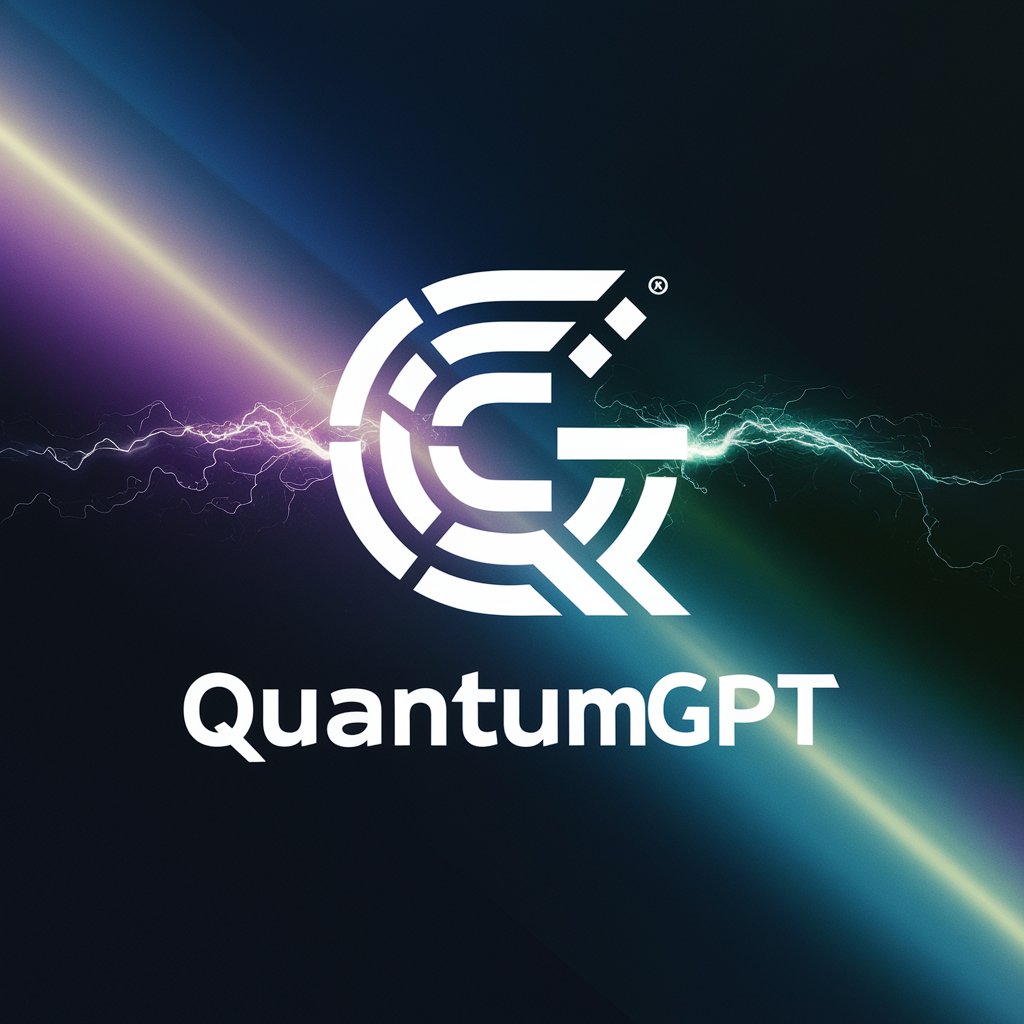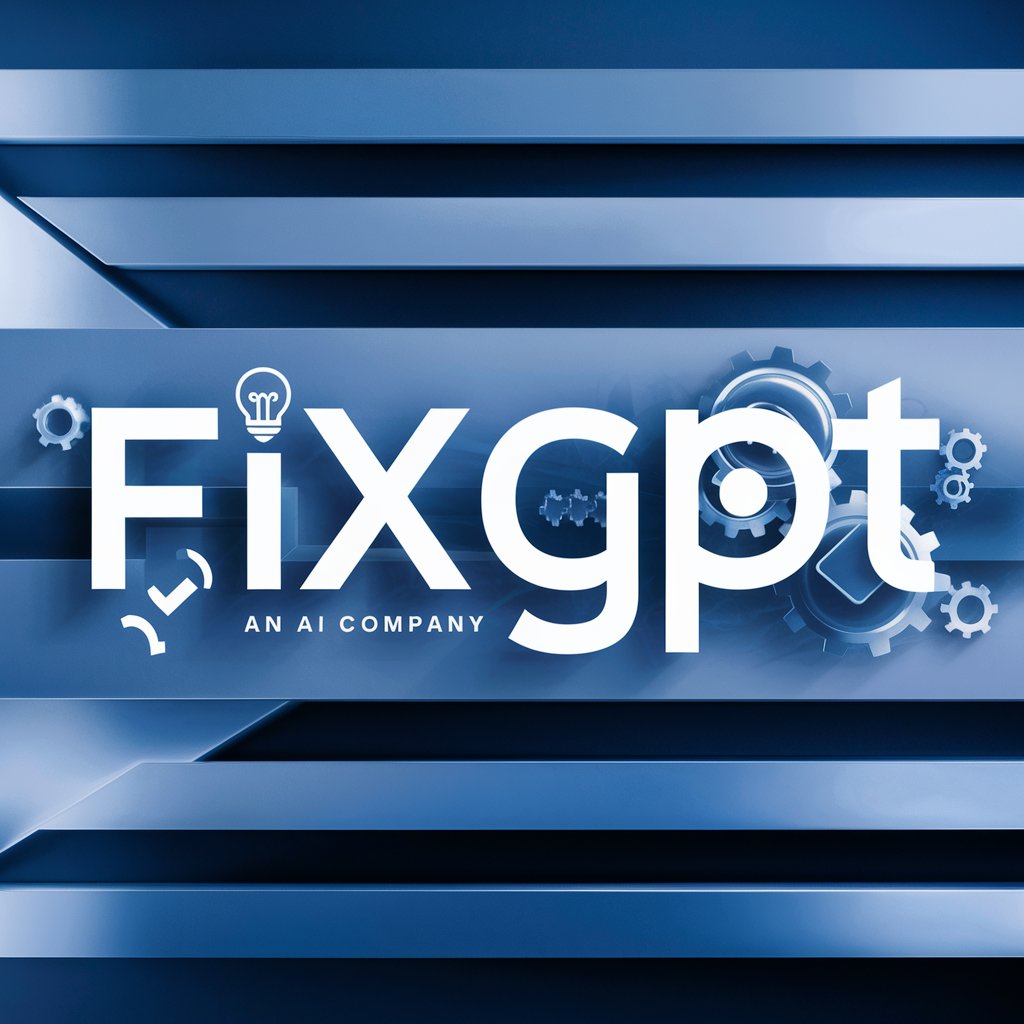
FreedomGPT-AI chatbot for uncensored conversations
AI-powered, privacy-first conversational engine

Your launchpad for uncensored, powerful AI.
Launch the Liberty model
Download FreedomGPT for Mac
Use FreedomGPT offline
Join the FreedomGPT community
Get Embed Code
What FreedomGPT Is and Why It Exists
FreedomGPT is a private, open-source AI workspace designed to make cutting-edge language models easy to use—without setup, logins, or cloud dependency. Its design centers on three ideas: (1) privacy-by-default (you can run models locally/offline so your data stays on your machine), (2) freedom of inquiry (a judgment-free assistant that aims to answer frankly within legal/safety bounds), and (3) plug-and-play flexibility (an 'App Store' for AI models and tools you can switch between with one click). It packages an uncensored-leaning model option (the Liberty model) alongside other task-tuned models you can pick for writing, coding, research, or media tasks. Examples/scenarios: • Remote fieldwork: A wildlife researcher on a satellite connection loads a local model to summarize field notes, tag observations, and draft a daily log—all offline so sensitive location data never leaves the laptop. • Confidential drafting: A lawyer composes a first-pass brief with citations drawn from locally stored PDFs; the assistant summarizes long cases, extracts key clauses, and helps outline arguments without sending documents to the cloud. • Everyday power user: A marketer brainstorms campaignFreedomGPT overview angles, then switches to a paraphrase app for tone options and a translation model to localize copy—no reconfiguration required. • Teaching & workshops: An educator installs FreedomGPT on lab machines so students can explore prompting, summarization, and code help even in classrooms with intermittent internet.
Core Capabilities and How They’re Used
Private, offline-first assistant (local inference + privacy mode)
Example
A clinician on a flight drafts patient education materials using a locally loaded model, redacts PHI with a built-in template, and refines reading level—entirely without internet.
Scenario
1) Start FreedomGPT in offline mode. 2) Load a compact local model optimized for your hardware. 3) Paste notes; apply a 'redact identifiers' prompt template. 4) Ask for two versions: plain-language and professional handout. 5) Export as Markdown or PDF for your records—no cloud copy ever created.
One-click App Store & multi-model switching
Example
A product marketer chains tasks: ideate headlines (creative model) → convert to UX microcopy (concise writing model) → translate to Spanish and Japanese (translation model) → run a tone-consistency pass (style checker app).
Scenario
1) Open the App Store and install: 'Creative Writer', 'UX Microcopy', 'Translator', 'Style Checker'. 2) Draft with Creative Writer. 3) Click to switch to UX Microcopy—no new project needed. 4) Switch to Translator for localized variants. 5) Finish with Style Checker for consistency across all outputs.
Document & code workflows (summarize, extract, transform, generate)
Example
A paralegal processes 200 vendor contracts: auto-extracts termination clauses, flags indemnification language, and compiles a spreadsheet with parties, dates, and renewal terms.
Scenario
1) Drop a folder of PDFs into a local workspace. 2) Use the 'Contract Extract' prompt pack (or build a custom schema). 3) Run batch mode to produce JSON/CSV outputs. 4) Ask for a risk summary and a heatmap of high-risk clauses. 5) Generate a templated email for vendors requiring amendments.
Who Benefits Most
Privacy-sensitive professionals and teams (legal, healthcare, finance, journalism, R&D)
They handle confidential data and often cannot use cloud AI. FreedomGPT’s local/offline operation keeps documents, PHI/PII, and proprietary research on-device. Batch document workflows accelerate review and drafting; judgment-free answers help explore sensitive questions; exportable templates standardize outputs across a team.
Makers, researchers, and power users (developers, data scientists, students, educators, creators)
They want flexible, low-friction tools for building, learning, and experimenting. The App Store enables quick model/tool swaps; open-source architecture encourages customization; offline availability supports classrooms, field sites, and travel. Typical wins: code explanation and refactoring, literature summarization, multilingual study aids, and rapid content iteration.
5-step Quick Start
Begin at aichatonline.org
Open aichatonline.org to start a free trial — no login required and no ChatGPT Plus needed. The trial lets you evaluate the web experience immediately; use it to test prompts, formats, and the basic model behavior before installing or integrating anything.
Prepare prerequisites
Use a modern browser (Chrome, Edge, Firefox, Safari) and a stable internet connection for the web trial. If you plan to use desktop/offline builds, check the official download page for Windows or macOS system requirements. Optional: create an account to save history/settings if offered. Common use cases include writing, coding, research, brainstorming, tutoring, and summarization.
Start interacting — prompt strategy
Begin a conversation with a clear goal (e.g., ‘Write a 300-word executive summary in bullets’). Give role instructions and format constraints (tone, length, output type). Use examples to show the exact output you want, request citations/sources for factual work, and iterate: ask for revisions, clarifications, or step-by-step breakdowns. Tip: set temperature/creativity low for factual tasks and higher for ideation.
Use advanced featuresFreedomGPT usage guide and integrations
Explore model selection, prebuilt ‘apps’ or extensions from the platform’s app area, and any available API for automation. For file-heavy workflows, use upload/attachment features (if available) to ask for summaries or transformations. For developers, check the official docs for API keys, endpoints, and examples. If privacy is critical, investigate self-hosted or offline builds and local model deployments.
Verify, secure, and optimize
Treat outputs as draft-level: fact-check critical information and validate code before production use. Avoid sharing sensitive personal or proprietary data in cloud trials. For best results, maintain context across turns, break large projects into smaller subtasks, keep software updated, and back up important dialogs locally or via your account export feature. Contribute feedback or bug reports to the project to help improve safety and accuracy.
Try other advanced and practical GPTs
Medium GPT
AI-powered, Medium-ready articles in minutes.

Typography Designer
AI-powered typography for trending designs

HTML + CSS + Javascript
AI-powered front-end builder and mentor for modern HTML, CSS, and JavaScript.

3D CAD Pro🔍 : CATIA, Automation
AI-powered CATIA/3DEXPERIENCE guidance and automation

Connections Solver
AI-powered solver for 16-word Connections
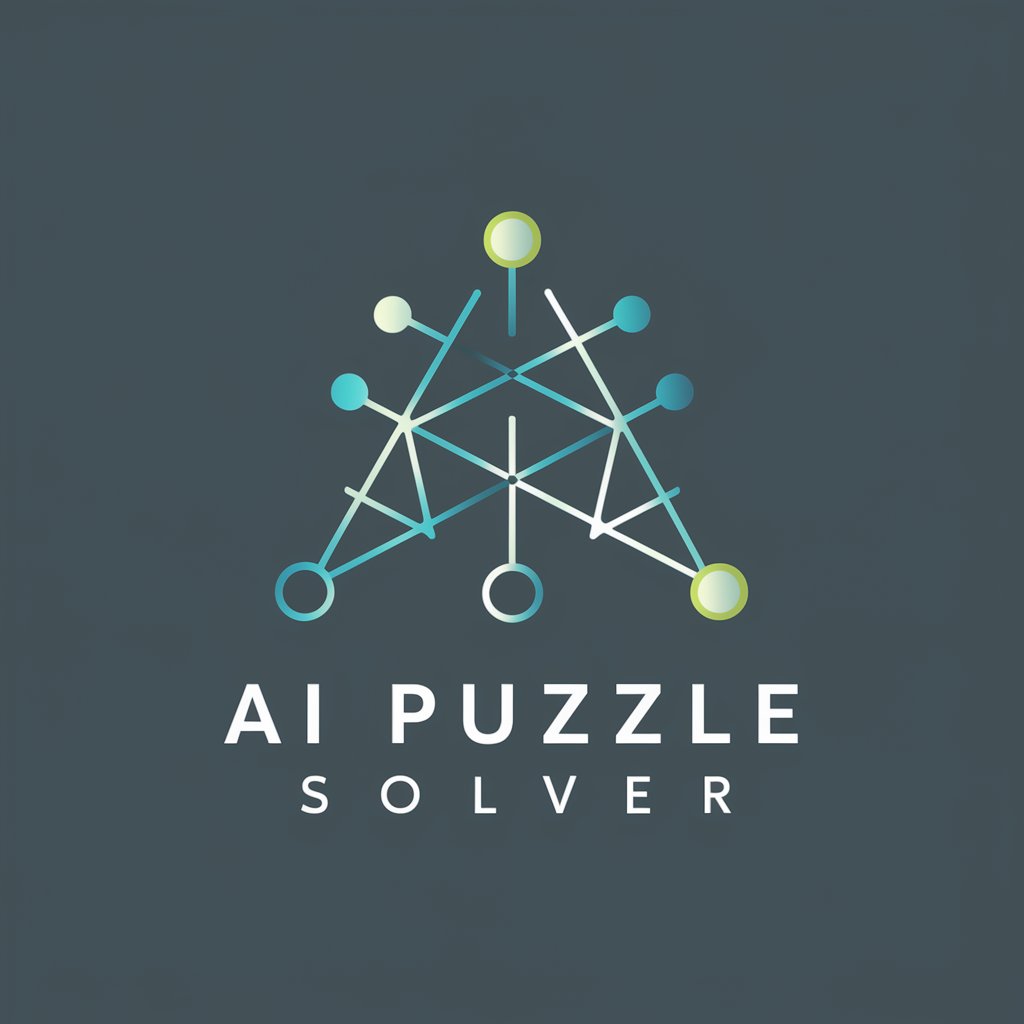
Lesson Planning
AI-powered lesson plans, beautifully structured.

DORA Companion
AI-powered legal article explainer with citations

Amazonian Interview Coach
AI-powered mock interviews for better prep

Finite Math Helper
AI-powered, step-by-step finite math guidance.
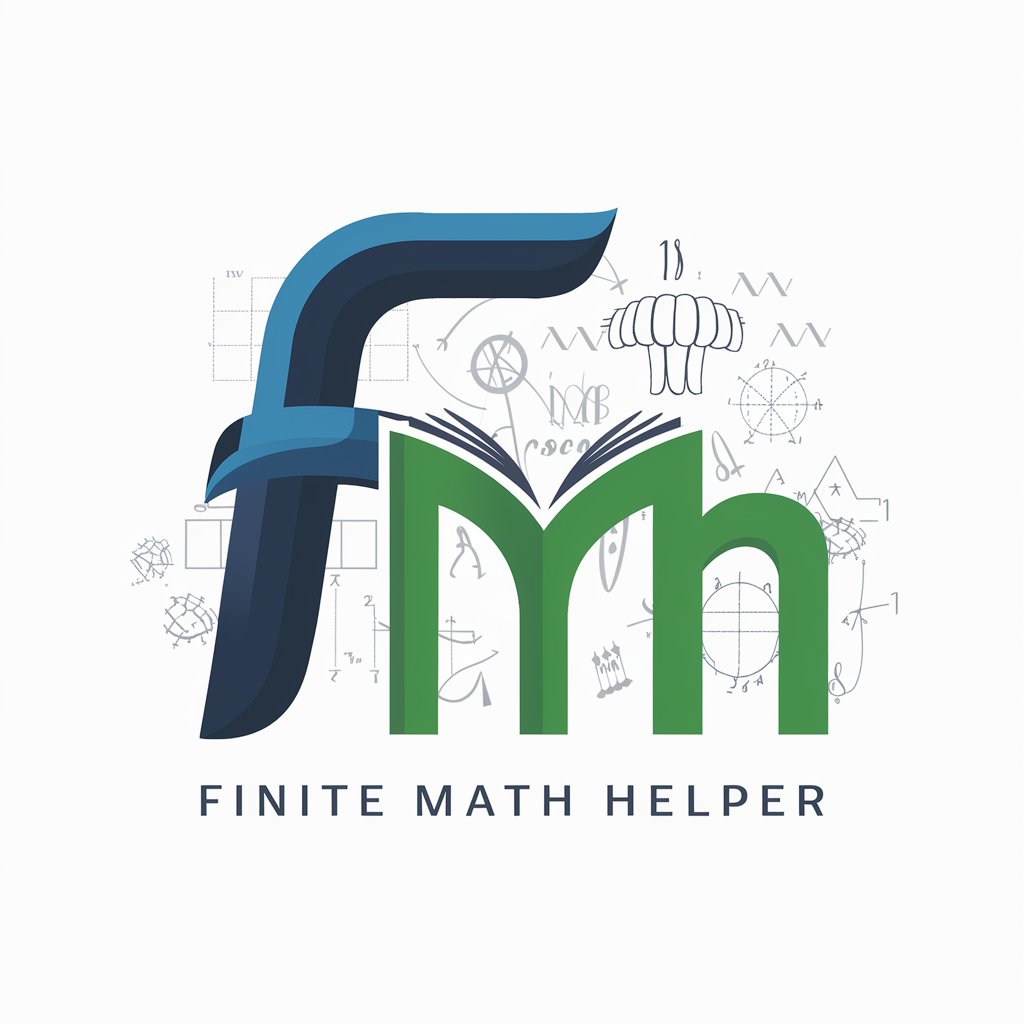
Marp diapo
AI-powered Marp slides from brief to deck.
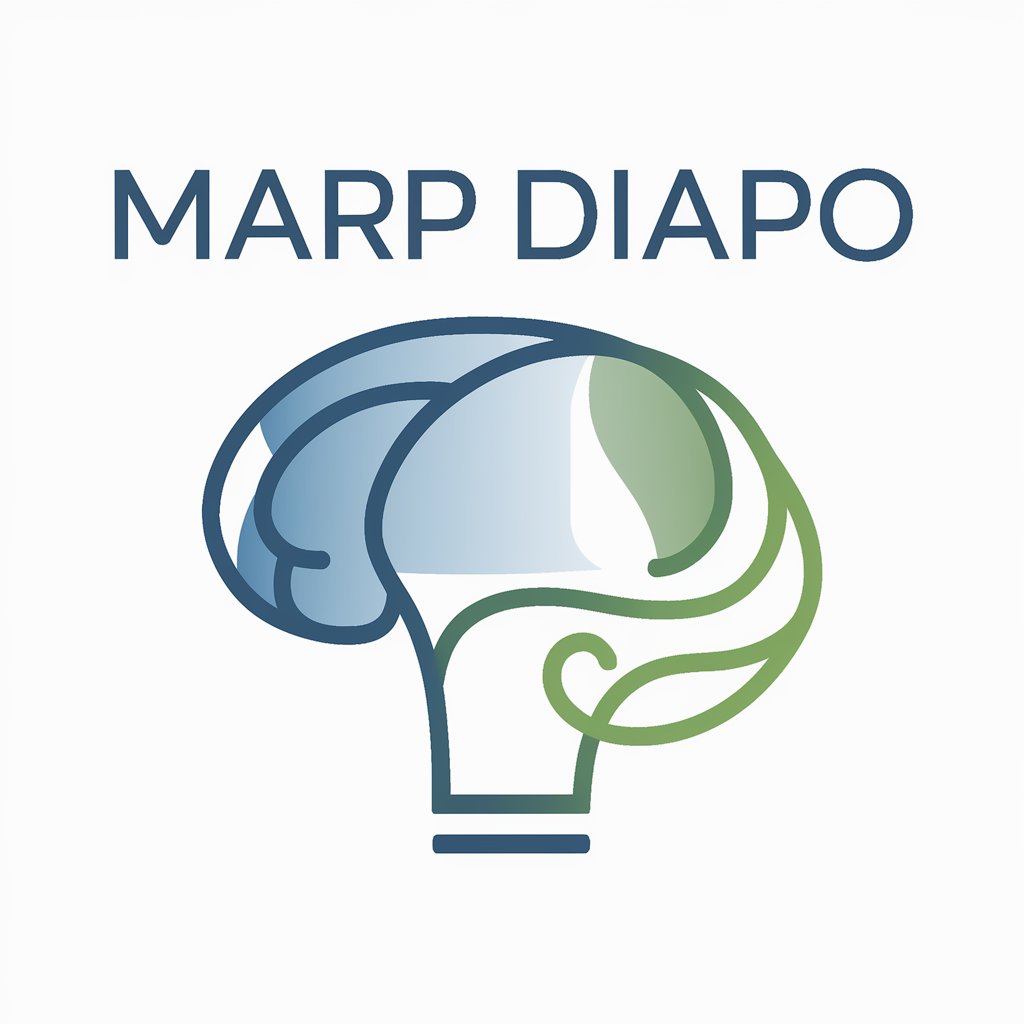
C# (Csharp)
AI-powered C# tool for building, debugging, and shipping fast.
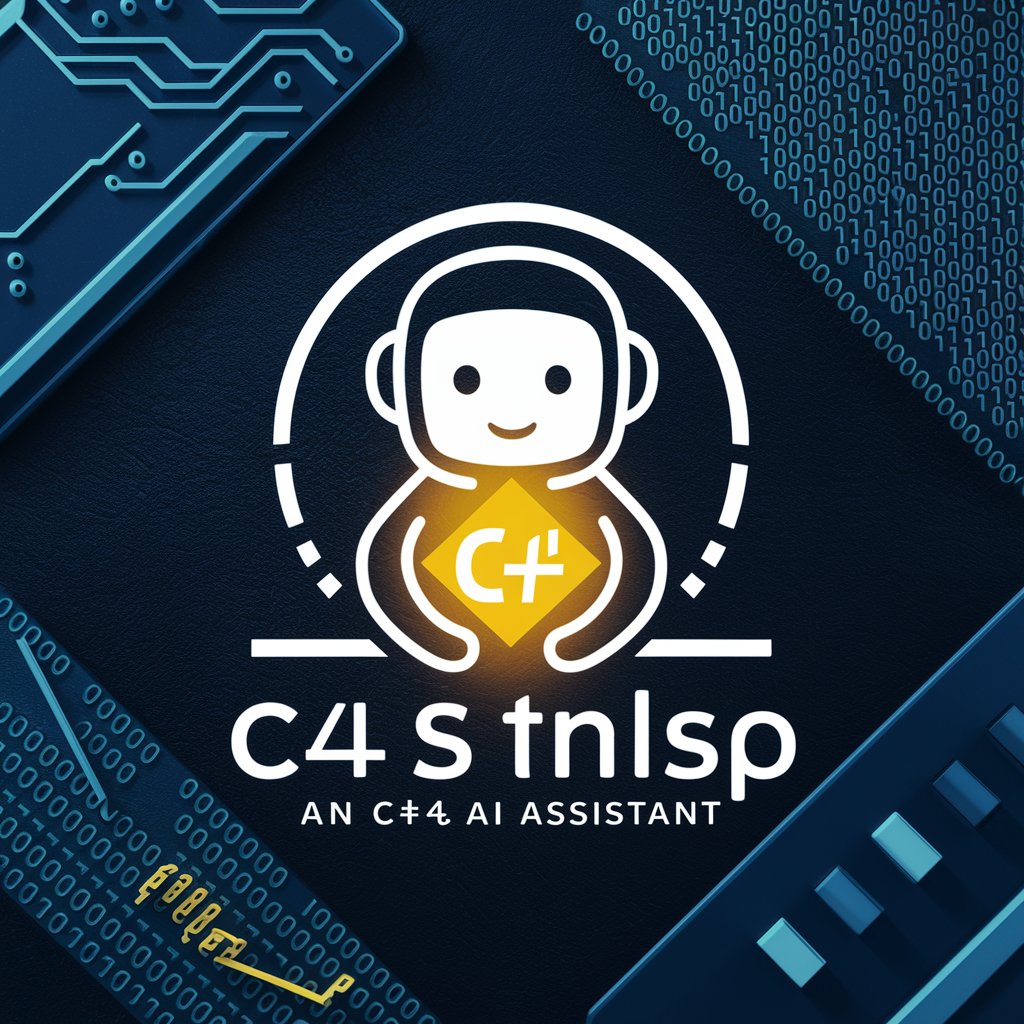
EXPERT PRACTICING CHARTERED ACCOUNTANT IN INDIA
AI-driven Chartered Accountant for Instant Expertise

- Academic Writing
- Creative Writing
- Data Analysis
- Code Generation
- Research
Top Questions & Answers
What is FreedomGPT?
FreedomGPT is an AI-powered conversational platform that emphasizes open-source access, flexibility, and privacy options. It offers an in-browser free trial (no login required) and downloadable/self-hostable builds for users who want local control. Functionality typically includes model selection, prompt customization, downloadable clients or APIs, and an ecosystem of extensions or apps for specialized tasks.
How private is my data and can I use it offline?
Privacy depends on how you deploy it: the web trial will route data through the provider’s servers (read the provider’s privacy policy). For maximum privacy, use the downloadable or self-hosted builds so all processing happens locally. Always avoid sending highly sensitive data to cloud trials and verify the platform’s data-retention and telemetry settings.
How does FreedomGPT differ from ChatGPT or ChatGPT Plus?
Key differences are focused on openness and deployment options: FreedomGPT emphasizes open-source components, optional self-hosting/offline use, model and app extensibility, and direct user control over deployments. ChatGPT (OpenAI’s service) is a managed cloud product with its own moderation, commercial SLAs, and integrated platform features. Feature parity, latency, and output behavior depend on the specific models and configuration used.
Can I integrate FreedomGPT into my apps or workflows?
Yes — many builds offer APIs, SDKs, or CLI tools for automation. Typical integration patterns include REST API calls to generate text, SDKs for language tasks, and plugins/extensions for editors or IDEs. Consult the official documentation for authentication, rate limits, example requests, and language bindings. For offline/self-hosted setups, integration may require running a local service and pointing your app to that endpoint.
What are common limitations and best practices?
Limitations include occasional hallucinations, inconsistent citations, and sensitivity to prompt wording. Best practices: craft precise prompts, request sources for factual claims, split complex work into steps, validate outputs (especially legal/medical/financial content), and use lower randomness for deterministic results. Keep models and apps updated, and follow the platform’s guidance for safety and acceptable use.



